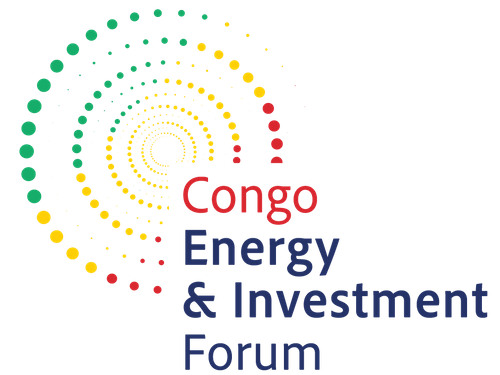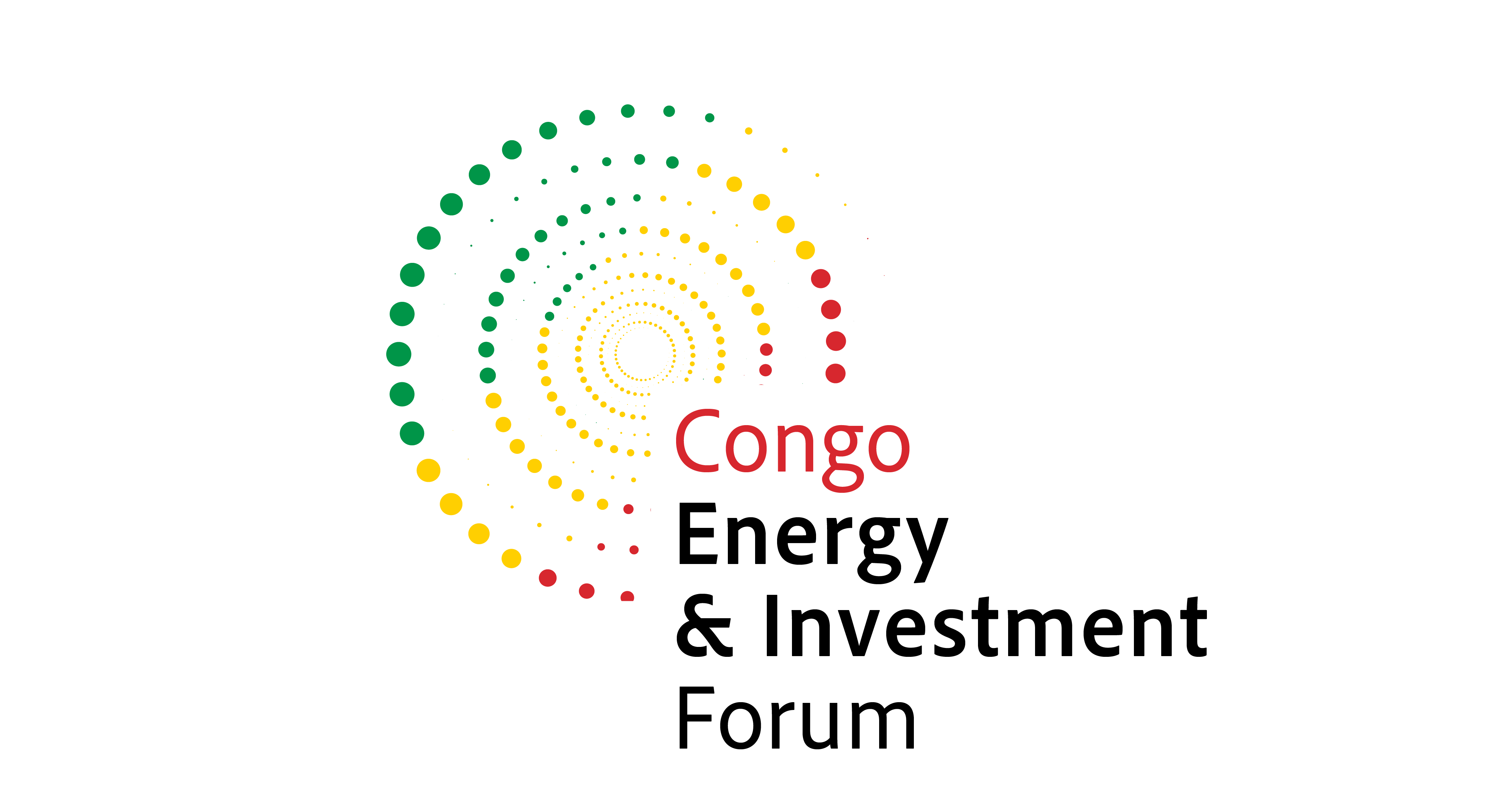Unlocking Congo’s Renewable Potential Through Gas Development
)
Energy Capital & Power conducted an interview with Boyana Achovski, former Secretary General of Gas Infrastructure Europe and Board Member of Women in Renewables. The discussion delved into key opportunities and strategies for large-scale renewable energy deployment in Africa, approaches to accelerating rural electrification in the Congolese market and balancing gas development with global decarbonization commitments.
What are the key opportunities and strategies for large-scale renewable energy deployment in Africa?
Renewable energy is the future, but the landscape is evolving. While decarbonization efforts continue, shifting political dynamics – such as changes in U.S. policy and company strategies – are influencing the transition. Africa, with its abundant solar resources, has immense potential. However, stability in investment frameworks and strong regulatory policies are essential to attract investors and ensure long-term engagement in renewable energy development.
Congo is prioritizing renewable energy for rural electrification. What models could be implemented?
Rural electrification depends on decentralized renewable energy systems supported by public-private partnerships and grid investment. Africa has 60% of the world’s solar potential, yet installed capacity remains low. Off-grid solar, mini-grids, wind, hydro and biomass solutions are effective approaches. Western companies have committed millions to green energy projects in countries like Congo, Burkina Faso and Nigeria. Successful rural electrification initiatives in Uganda and Tanzania provide models for Congo, emphasizing government support, private sector involvement and a favorable regulatory environment.
How can Congo balance gas development with global decarbonization goals?
While renewables are crucial, natural gas plays a key transitional role in industrialization and energy security. Congo’s 10 trillion cubic feet of gas reserves can drive economic growth. The Congo LNG project, expected to produce over four billion cubic meters annually by 2025, positions the country as a leading gas producer. Gas-to-power solutions remain essential for grid stability, and infrastructure investment is necessary to maximize the sector’s potential.
What financing and infrastructure models can accelerate gas monetization in Congo and across Africa?
Infrastructure development is critical. Europe has demonstrated that leveraging existing gas infrastructure is more cost-effective than creating new energy systems. Past regulatory uncertainties have sometimes posed challenges for investors. In Congo, the new Gas Code and market plan aim to attract investment across the gas value chain. Licensing rounds provide opportunities for exploration and production, while public-private partnerships ensure infrastructure stability. Political commitment is essential to address infrastructure gaps, improve efficiency and enhance energy distribution.
How can Congo leverage gas-to-power and ammonia production for economic growth?
Gas monetization is crucial for economic and energy security. The global LNG market is expanding and projected to reach $67 billion by 2027. Africa’s growing power demand highlights the need for gas-to-power projects, which remain underdeveloped due to infrastructure limitations. Congo can explore carbon capture technologies to produce hydrogen and drive decarbonization. Ammonia demand – essential for agriculture and shipping – continues to grow, with global production reaching 183 million tons annually. Expanding these sectors could significantly benefit Congo’s economy. Additionally, Green ammonia and hydrogen could complement Congo’s long-term energy strategy.
What are your expectations for the Congo Energy and Investment Forum?
I look forward to discussions on investment opportunities, regulatory challenges and decarbonization technologies in Congo. Hearing from energy companies about their projects and understanding the government’s strategy for infrastructure and policy development will be insightful. Key topics include gas infrastructure challenges, political commitments and attracting major energy investors to accelerate the country’s energy transition.


